Tuition Club’s Young Gardeners Discover Their Organic Produce!
As you may remember, last year our little green-fingered students were learning all about planting in our Learning Garden at the Tuition club. As spring approches us, our children are excited to have discovered their little seeds grow into beautiful organic produce!. Children can learn new skills, have fun, play and develop self-confidence by spending time in the garden tending plants and growing their own food. Most children enjoy being outdoors and love digging in the soil, getting dirty, creating things and watching plants grow. People of all ages can enjoy gardening, but our children in particular have had lots of fun and gaining special benefits. Gardening is educational and develops new skills including:
- Responsibility – from caring for plants
- Understanding – as they learn about cause and effect (for example, plants die without water, weeds compete with plants)
- Self-confidence – from achieving their goals and enjoying the food they have grown
- Love of nature – a chance to learn about the outdoor environment in a safe and pleasant place
- Reasoning and discovery – learning about the science of plants, animals, weather, the environment, nutrition and simple construction
- Physical activity – doing something fun and productive
- Cooperation – including shared play activity and teamwork
- Creativity – finding new and exciting ways to grow food
- Nutrition – learning about where fresh food comes from
We look forward to sharing what our children find under the soil and what they will be cooking with their fresh produce… watch this space!

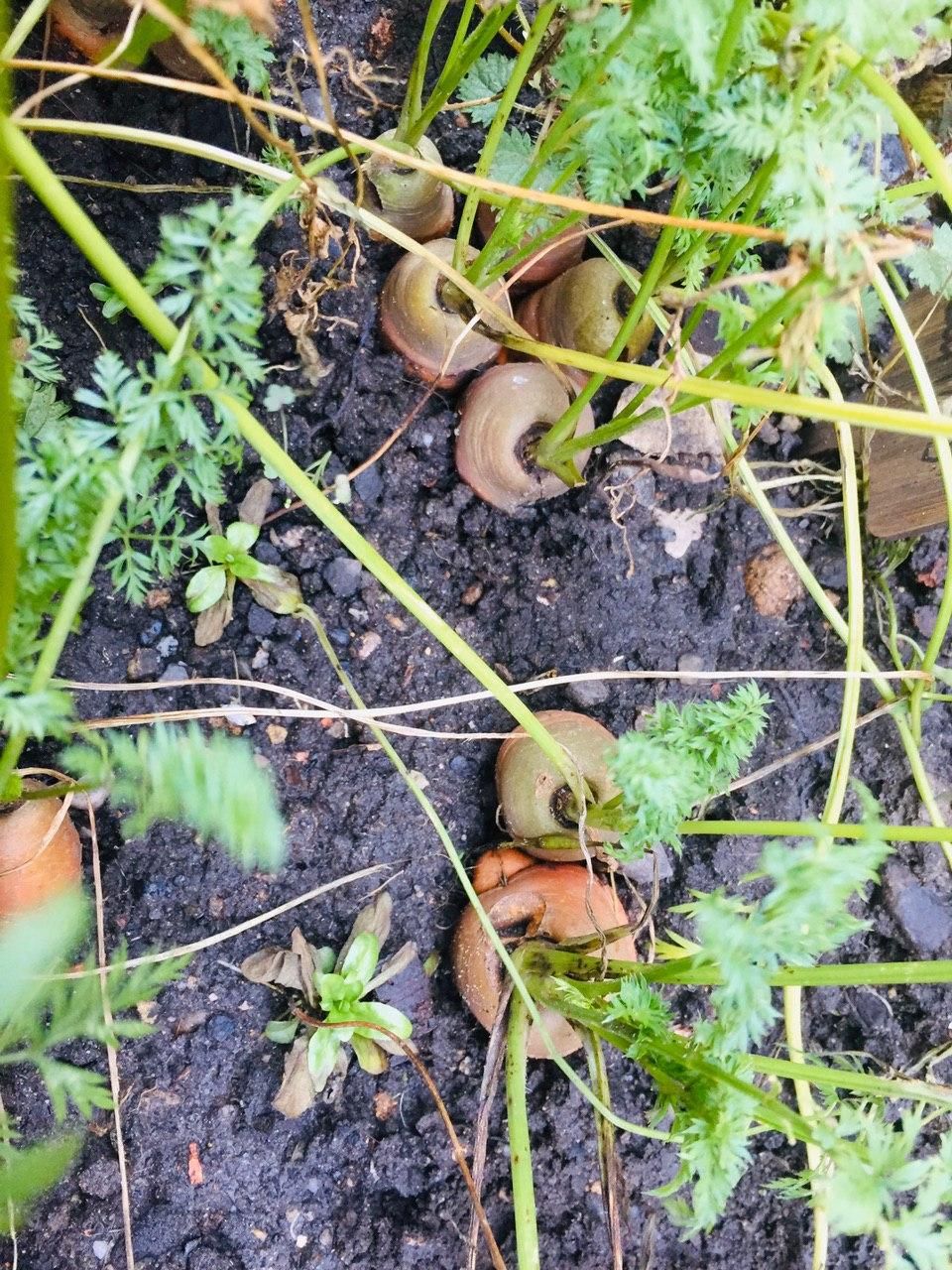
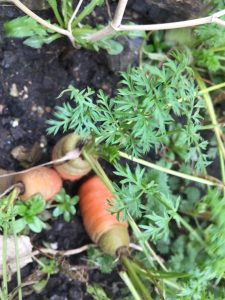
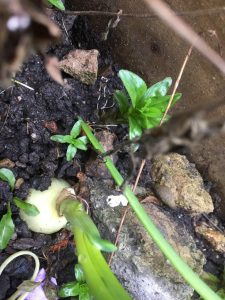
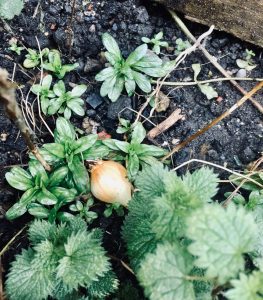
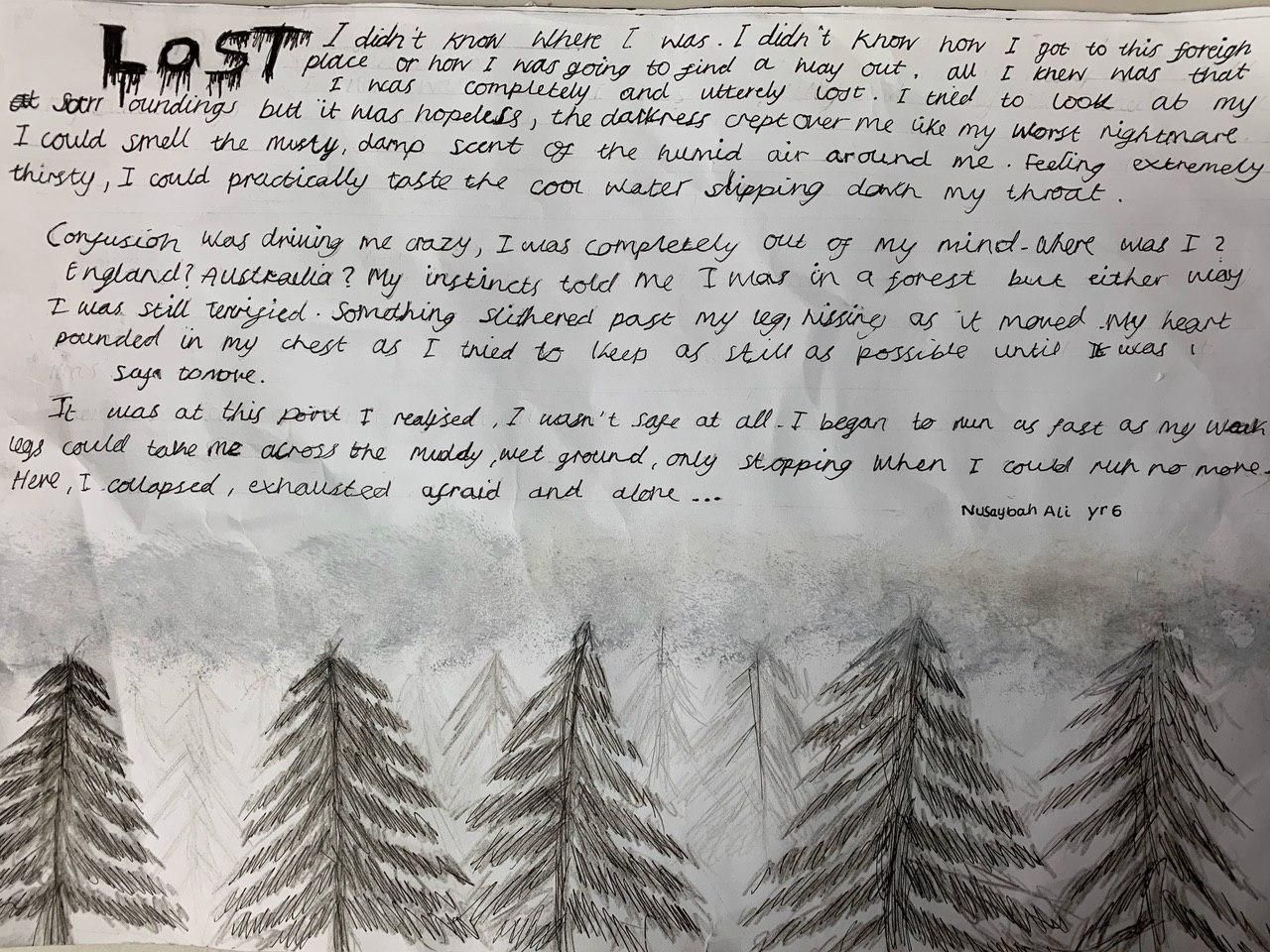
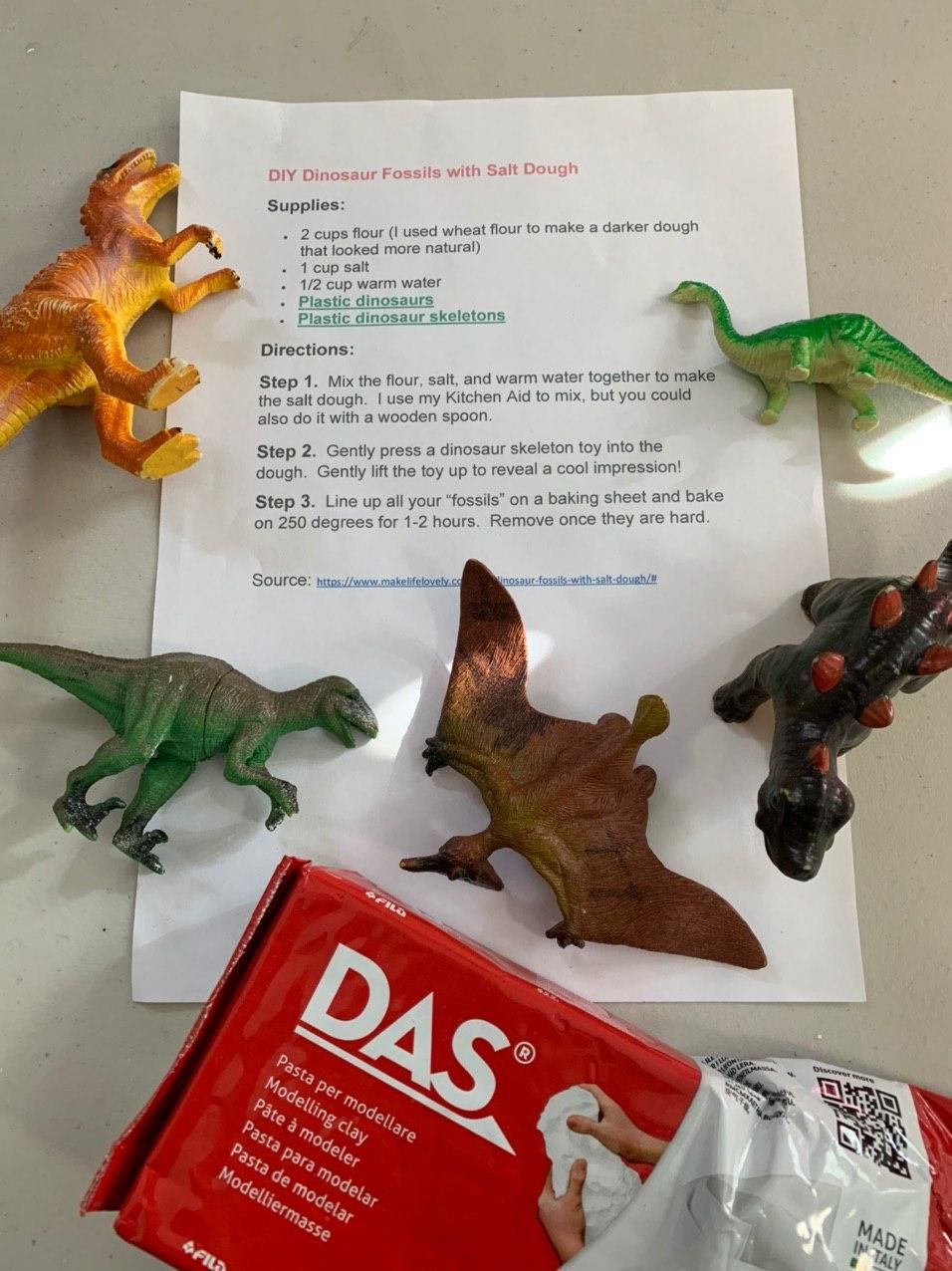
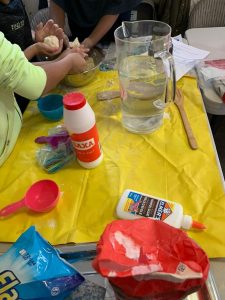
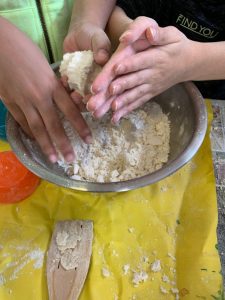
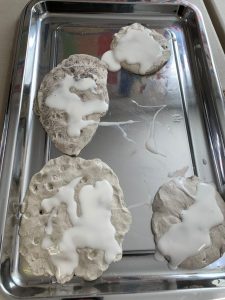

You must be logged in to post a comment.